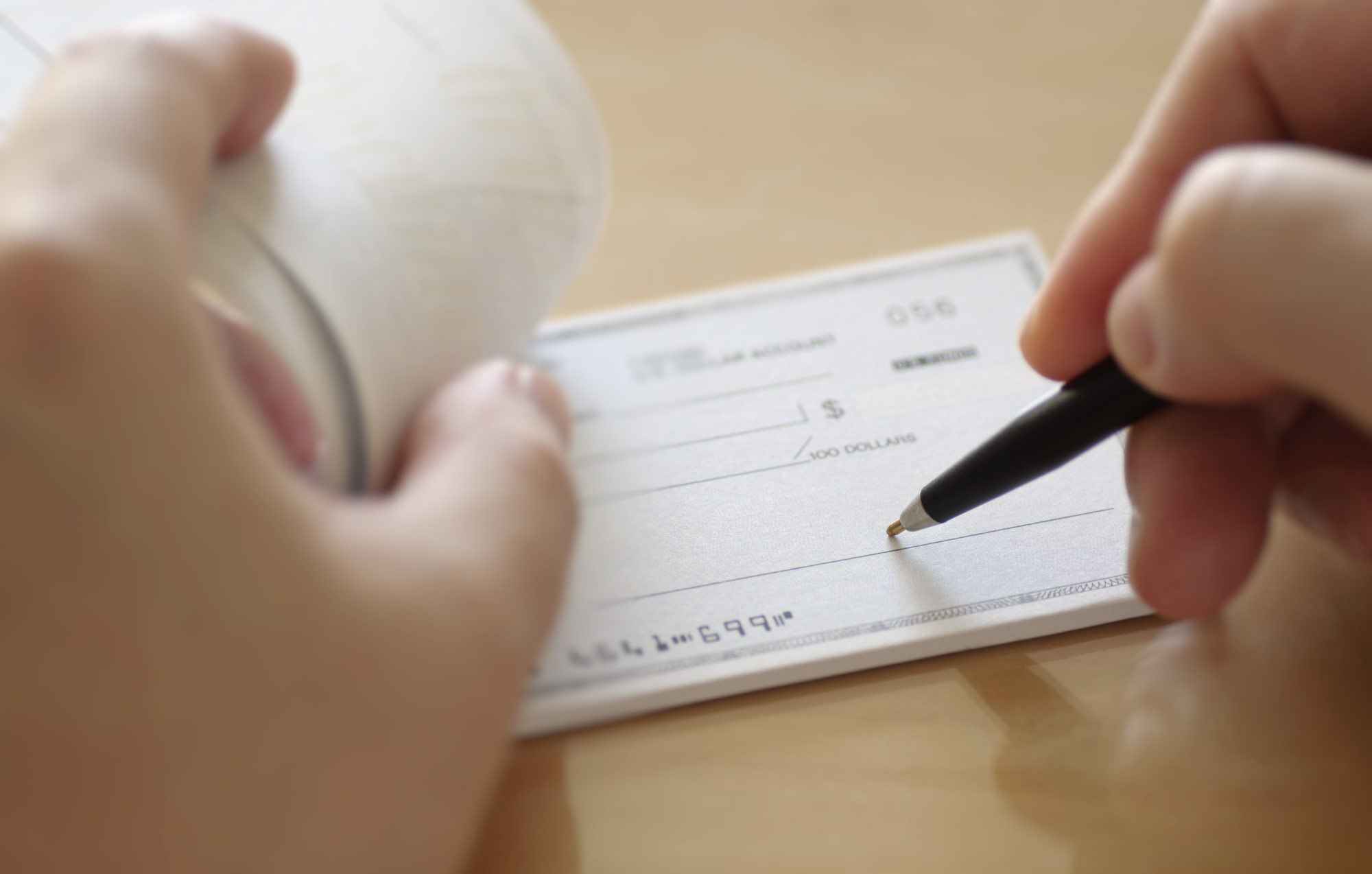With the change in working conditions due to the COVID-19 crisis, we know as an expert McKinney property management provider that you may have seen many of your renters struggle to pay their rent until they can recover their jobs and income.
Property owners might also have to adjust how they work to abide by social distancing guidelines until businesses can resume normal operations.

Things like regular inspections and non-emergency maintenance requests might be on hold until it's safer to enter and work in your rental properties. However, despite short-term adjustments to help keep your staff and residents safe, one thing hasn't changed: the rent is still due.
At RentHub Property Management, we understand that collecting rent right now can be challenging for property investors. If your tenants can't pay enough to get their accounts up to date, try creating a payment plan to help struggling tenants. Here's how to do it!
Please note: This article is not intended as a substitute for the great legal advice of a skilled attorney or the expert services of a McKinney property manager. When in doubt, reach out to the pros at RentHub Property Management!
The Rent Is Still Due
Your tenants signed a lease agreement that allows them to live in your investment property in exchange for paying the rent on time, every month, for the duration of the lease term. While they might struggle with their finances at any time—including during a crisis like COVID-19—that doesn't change that simple fact that the rent is still due every month.
However, during difficult financial times that can affect multiple tenants and their ability to pay the rent, we always recommend as a McKinney property management provider that you lean towards compassion while enforcing the rules. You have an opportunity to build better relationships with your residents while still collecting the income you need to pay the bills and mortgages for your investment properties.
- Working with your tenants on a plan to pay the rent in installments over time can help them feel valued and relieve some stress.
- Residents that feel cared for are more likely to renew their leases than tenants who feel like property owners only care about collecting money every month.
- When your renters renew their lease, this means you won't have to go through the expense and hassle of trying to rent your property during an ongoing pandemic.
While offering a payment plan is an excellent way to be a good landlord, it might not work for every tenant. Take each resident and their financial situation on a case-by-case basis to help them (and your finances) through a universal financial crisis.
Meet Them at Their Level
As a McKinney property management professional, we know that establishing a crisis payment plan can come in handy whenever there's another emergency that impacts your tenants' ability to pay their rent on time.
Develop a template that connects to your lease agreements as an addendum (only if it becomes necessary), then adjust it on a case-by-case basis depending on two critical questions:
- How much can your tenants afford to pay right now?
- How much can you afford for them to pay?
It's important to ask and answer both questions to be flexible enough with any plan you craft that can meet some of your renters' needs as well as your own. While it's not a firm guideline, the answers to these questions give you a starting point to build your payment plans.
How Much Can They Pay Now?
The answer to this question for many property owners cannot be "$0." However, because you are an understanding and compassionate landlord, you are willing to arrange a payment schedule to help them stay within the guidelines of the lease agreement by paying a reduced rent amount.
Ultimately, their payment should be an amount they can manage that also gives you confidence that they are serious about paying down the amount of rent they owe. You should also always get the terms of any payment plan nailed down in writing—preferably as an addendum to your lease.

How Much Can You Afford?
Make sure that a payment plan doesn't leave you unable to cover your investment property expenses! It's wise for property investors to keep some cash reserves for emergencies, including times when tenants struggle to pay the rent. With enough cash reserves on hand, you can afford to be flexible while allowing tenants to spread out their rent payments over time—for a short time.
Start Small, Then Build
A payment plan is a short-term solution. As a McKinney property management expert, we recommend that as soon as your tenants are able, return them to their regular payment terms of paying the rent in full, on time, every month.
Consider what makes the most sense and is simple to track. Remember, your tenants still owe the full amount of rent due by the end of their lease term. Breaking it up into smaller payments during a crisis doesn't reduce the total amount they owe.
- Tenants on a payment plan pay less now, then pay more later.
- Late fees are optional and at your discretion to apply when tenants return to paying their full monthly rental amount.
- However, you can generate some considerable goodwill around renewal time by waiving such fees during this time altogether.
Payment Plans Can Build Tenant Relationships!
Financial struggles can put a strain on landlord-tenant relationships. Use this moment as an opportunity to show flexibility with your tenants by developing a payment plan to help them through a financial crisis.
At RentHub Property Management, we know how to work with tenants during a crisis like COVID-19. Let us put payment plans in place for tenants who need it to help protect your income! You can also get further insight and guidance on how to approach rent collection by downloading your free copy of our Collecting Rent in a Crisis Handbook.
We know that as a community, we still have a long way to go before we beat this virus and return to business as usual. With June rapidly approaching—and bringing another rent payment with it—the best time to address this issue if you're struggling is right now! Don't wait to start developing your crisis payment plans.
Download Guide





